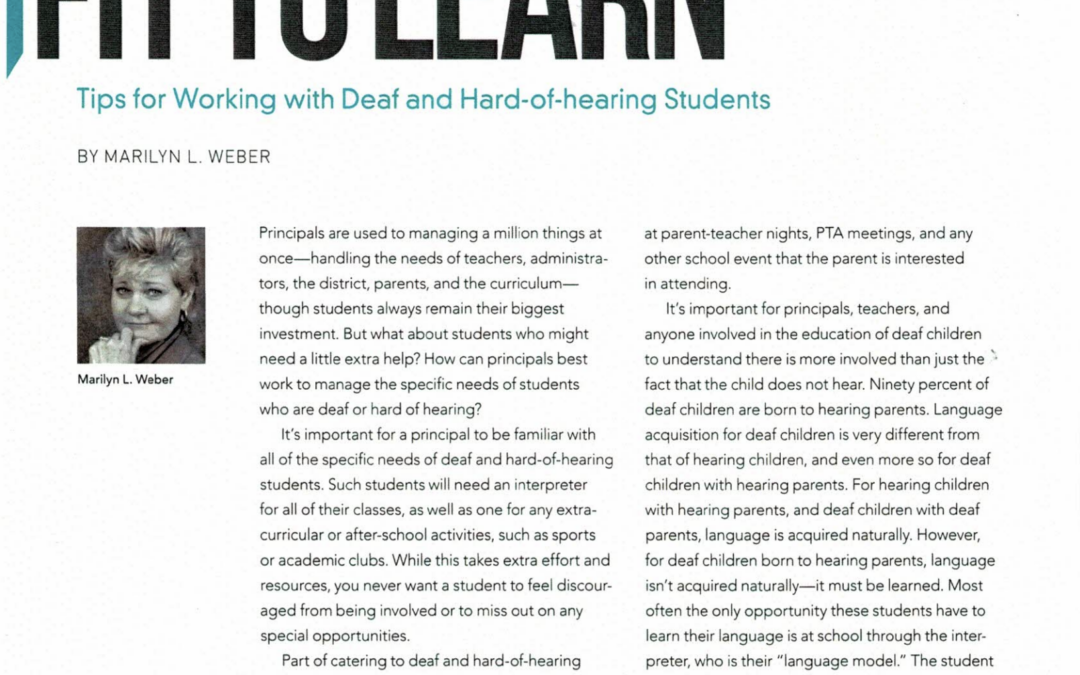Just last month a deaf woman in Alpharetta, Georgia, saw two children alone in a car. Concerned for their well-being, she texted 911. It turned out that a babysitter had left the kids alone for a bit, and luckily no one was hurt: The sitter got off with a warning. The episode highlights the increasingly prevalent text-to-911 service that’s beginning to be deployed around the U.S.
Text 911 Availability
Alpharetta is the first city in Georgia to join a handful of counties in the state in providing the 911 text service. The service still is only available to a minority of the country, but text-to-911 seems to be well on its way to national acceptance. FCC rules require all wireless carriers and other providers of interconnected text messaging applications (i.e., those text messaging providers that enable consumers to send text messages to and from U.S. phone numbers) to deliver emergency texts to 911 call centers upon request. If a 911 call center requests text-to-911 service, text messaging providers must deploy the service in that area within six months.
“I would like to see more agencies making it available in all areas,” Lisa Collis, the deaf woman in the Alp haretta incident, told the 11 Alive TV station (via text!) in Atlanta. “It not only made it accessible for the deaf people, but works for those who couldn’t speak or if their lives are in danger.”
haretta incident, told the 11 Alive TV station (via text!) in Atlanta. “It not only made it accessible for the deaf people, but works for those who couldn’t speak or if their lives are in danger.”
In many circumstances, being able to text 911 could potentially save lives.
The FCC has put together a short article and video on “what you need to know about text-to-911.” It’s still not available in the majority of the country, but it’s coming soon.
We currently have text-to-911 service at our headquarters in San Antonio. Austin is Texas’ largest city without text-to-911 yet, but it is due to have it by June of this year.
Disaster Warnings for the Deaf
The text function on phones is also being used in some areas of the country to warn deaf people about possibly forthcoming disasters. The National Oceanic Atmospheric Administration (NOAA) runs the National Weather Service (NWS) radio program with extra functionality so that it can benefit the deaf and hard-of-hearing. NWS offers non-verbal information imbedded in its broadcasts to provide timely, critical warnings of life threatening events to the deaf and hard-of-hearing. Some receivers are equipped with special output connectors that activate alerting devices such as vibrators, bed shakers, pillow vibrators, strobe lights and other alerting systems.
Some states and localities are taking it further. Dane County, Wisconsin, for instance, has a list that any deaf or hard-of-hearing person can sign up for by providing your mobile phone number. Once you’re signed up, you’ll automatically receive a text alert if there’s a tornado watch, tornado warning, severe thunderstorm warning, flash flood warning or blizzard warning.
If your local government doesn’t yet offer these services, there are alternatively a number of commercial services you can sign up for either freely or for a nominal fee. These include StormWarn, Accuweather, TRSWeather and the Emergency Email Network.



